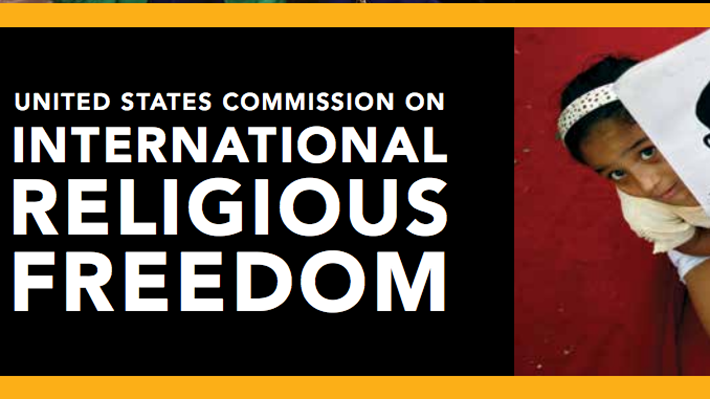
-
HOME
-
WHAT IS STANDOur Mission Our Values Our Help Contact
-
WHAT WE FIGHT FORReligious Freedom Religious Literacy Equality & Human Rights Inclusion & Respect Free Speech Responsible Journalism Corporate Accountability
-
RESOURCESExpert Studies Landmark Decisions White Papers FAQs David Miscavige Religious Freedom Resource Center Freedom of Religion & Human Rights Topic Index Priest-Penitent Privilege Islamophobia
-
HATE MONITORBiased Media Propagandists Hatemongers False Experts Hate Monitor Blog
-
NEWSROOMNews Media Watch Videos Blog
-
TAKE ACTIONCombat Hate & Discrimination Champion Freedom of Religion Demand Accountability
Religious Freedom and Religious Tolerance
In the United States, religious freedom is like gravity. It’s not just a good idea… it’s the LAW. Other countries would do well to enshrine religious freedom as a basic human right. Religious tolerance, on the other hand, is not something that can be legislated, it can only be taught. Recently, while the fire in the Notre Dame Cathedral was still burning, I felt compelled to post a cry for tolerance upon reading an angry post calling for violent attacks on Mecca and other holy sites of Islam. My plea for tolerance, and to wait at least until we knew the cause of the fire went unheeded, and the author protested that even if Muslims hadn’t done it, we should nuke them anyway, ’for all the other things they’ve done!’ I blocked that man as I felt I was just talking to the wall.

It upset me that we live in a world of such virulent hatred that individuals would publicly urge the wholesale slaughter of innocents to satisfy their thirst for revenge. Fortunately, these people are a tiny minority and generally not in a position to carry out such acts. However, the recent atrocities in New Zealand and Sri Lanka demonstrate that even a small number of evil men are capable of great harm.
It is, sadly, part of the human condition to react with anger when confronted by such acts and to seek retribution not only against the perpetrators but against a wider group. Thus is an endless cycle of strike and counter-strike justified. Countless wars and acts of terror result from this mechanism even though it is obvious that this is self-defeating in the long run and does not provide a solution of any kind.
Surely, governments must track down and remove the actual perpetrators from society. But it is wrong and counter-productive to label an entire religion as a target for hate and violence. The only solution in the long run consists of a broad program of education in the basic precepts of the world’s major religions so that people can replace the false and hate-filled propaganda with true data about them. Once people discover for themselves that those of other religions are not so very different from themselves, but vary in their practice of their religious belief, they will come to understand that just as they wish religious tolerance and understanding for themselves, they should extend it to others.
We should encourage discussion of one another’s religious beliefs, not to disparage them or attempt to convert them, but to learn more about them.
While training as an Army officer, I was taught not to discuss politics and religion. This seemed eminently practical advice at the time. However, I have come to realize the flaw in this thinking. Communication is the universal solvent. More communication, not less, is the answer. We should encourage discussion of one another’s religious beliefs, not to disparage them or attempt to convert them, but to learn more about them. We should be firm enough in our own integrity and beliefs to not fear being swayed or having our own religious beliefs co-opted merely by listening to someone else’s.
When we can tolerate each others ideas, we will have taken a major step forward and toward peace. It is the only workable answer in the long run.









